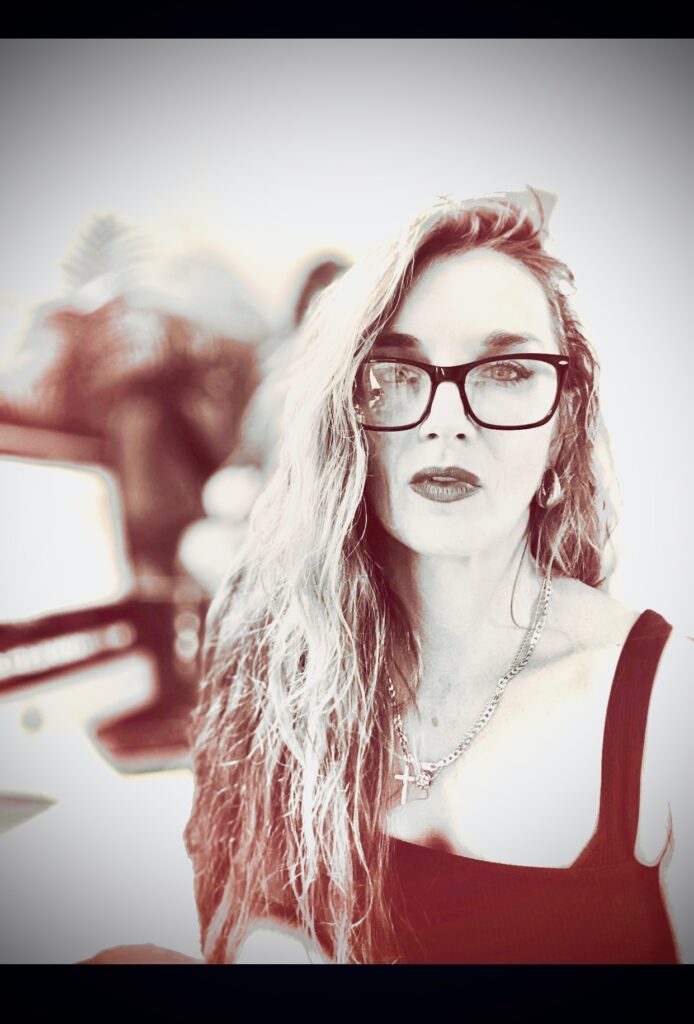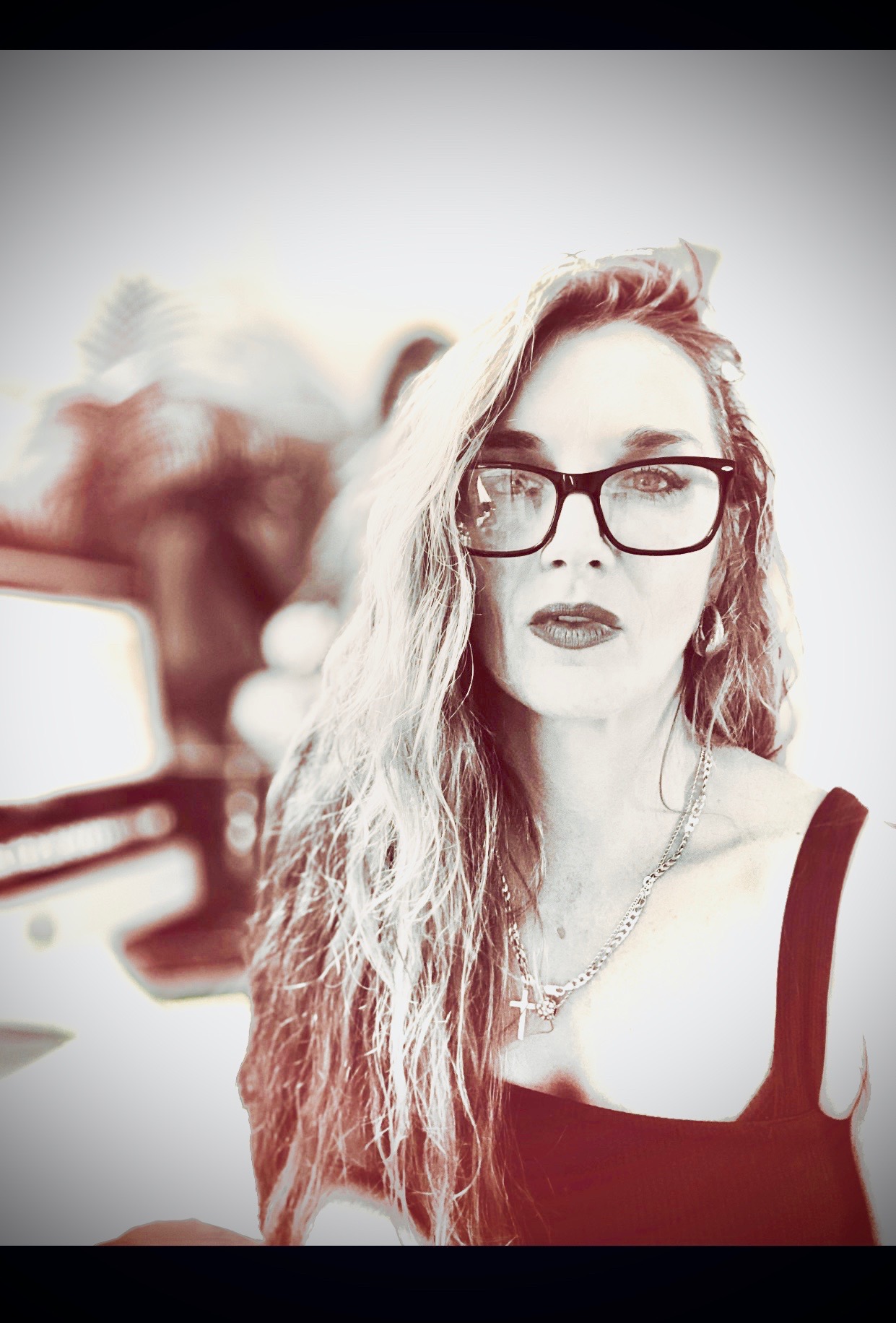
The disability community has been asking for others to accept and include them long before my time. It really got me thinking, how easy is it though, to actually accept yourself enough so that you may ask others to accept you? There are lots of minorities out there have had to advocate for themselves and luckily these days with social media it has never been easier. We have been able to see intimate, vulnerable moments of each other’s lives with the press of a button on the humble camera phone. It’s really these moments that have helped break down some of the walls and misconceptions, letting the viewer in long enough to see the real picture.
Being a parent of a child with profound and complex disabilities, I have been looked at as though I was an angel. As though I am somehow more skilled, and capable of carrying an unbearable load than the average person. I am told that on a regular occasion. I am, for all intents and purposes, put on a pedestal by the majority of people I meet. I often get told that they don’t know how I manage the healthcare needs of my daughter.
“I couldn’t do what you do.”
” I don’t know how you cope.”
“God chose you because you have the strength.“
But I am none of these things, I still struggle on the inside, and this level of admiration was very isolating. It seemed like no one could actually see me.
I had begun to lose the ability to share with, confide in, and be on the same page as my friends. Their children aged and grew in a relatively predictable way, albeit following a loose and varied trajectory. Whilst for me, my experience drifted further and further away from that line. I am no exception, there’s a whole group of parents with this level of disability in their child’s life that feel the same. They are everywhere living the same idealized misunderstood life.
I am willing to use myself as an example to open up discussion about this. As parents of high needs kids we are always in a position where we need to be strong, not just for our kids but for everyone else. We need to be advocates, be the teachers of our child’s special needs, we need to be able to understand the complexities of their unique disability so we can explain it to others. We need to be problem solvers, answer questions, give reassurance, and the list just goes and on. The schools, the support staff, even the treating physicians rely on us and need us to be unnatural, superhuman pillars of strength. That’s the expectation. It leaves little room for us to struggle.
Cue the comments….. “I don’t know how you do it….”
I remember it was just before my daughter’s 14th birthday and the reality of my daughter’s disability hit me like a tonne of bricks. Boom. Just like that. Out of the blue. On that day and the months that followed, the realisation that my little girl was never going to grow up, cut me very deeply. She was never going to grow out of it. She was going to always be fragile and live with unsettling and intense vulnerability. That day I swear you could have heard my heart break apart in my chest from a mile away.
Sadness and apprehension climbed all over me for a few months, strangling me from the inside out, until it finally settled itself. And there was little that I could do to quell the surge of emotions that ensued. I couldn’t open up to those around me because I was supposed to stay strong.
“But I am none of these things, I still struggle on the inside, and this level of admiration was very isolating. It seemed like no one could actually see me“.
Amy Husband
Parents like me are not anymore skilled or better at coping. We are not stronger. We are not better equipped or have more prowess than anyone else. We are often on a really steep learning curve that involves trying desperately to keep our kids safe from the pitfalls of disability. We are also isolated by disability, which steals our ability to connect with our friends and family. We lose commonalities with our mates. Our worlds can become small and frightening. I have watched my child struggle with brain injuries after seizures, she has lost the ability to eat or drink, she lost her ability to speak, she has lost her ability to communicate and sadly the list just goes on.
I couldn’t truthfully answer a question from a friend when they asked ’ How are you?’ under those circumstances.
I’ve suffered a silent and never ending heart break. And for me, no matter how many times I prayed to god, I could not fix her. I tried every therapy for her, investigated every alternative treatment, preoccupied my time within the bargaining process. I punished myself with exercise to try and relieve the pain. None of it worked, not even after 14 years of trying really hard. Falling into a heap I realized that I had not accepted her life and her disability.
I want to open discussion about this for parents and carers like myself. I want the next generation of parents like me to have the ability to share my work at least, with their friends and family if they can’t express themselves. They can use my story to help explain their pain. I’ll put into words the brutal barrage of emotions that beat them black and blue. I’ll keep trying, speaking, podcasting, and writing, because otherwise my pain was just for me. I’d prefer to use it and use my experience to better the lives of those coming up behind me. That’s really my motivation, with all of this.
It’s the same as the work I’m doing to try and disrupt the poor culture we are seeing in the disability sector. I’m exposing the risks that our most vulnerable are placed at and exposing the lack of governance and skills in the disability sector. Maybe I’m going to potentially get fried at some stage by social media trolls and people who don’t like my message. But it’s not what it’s about. If I can just start some conversations about the culture within the sector, and maybe start putting some of the issues that parents and carers face into the light then it’s worth it.
To the parents/carers, families and disability community, this is for you.

Leave a Reply